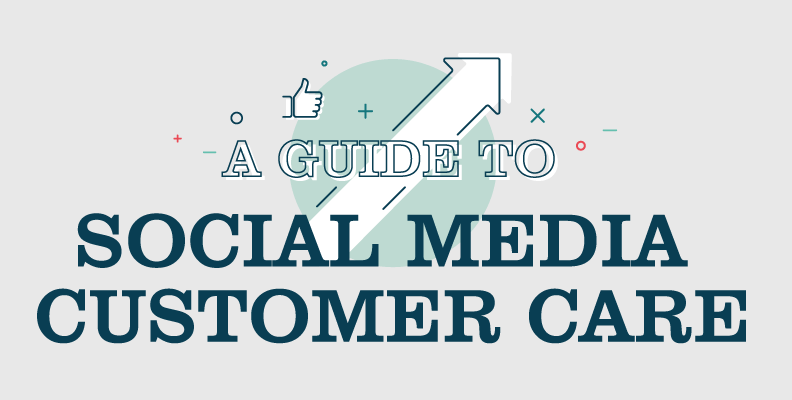Are You Addicted to Work?
When you are a small business owner, the line between hard worker and workaholic are often blurred. Taking command of your brand, your product and your employees all takes time and dedication; it’s crucial to the success of your business. However, you could be too dedicated to the cause.
Around 30% of the workforce is considered to be workaholic.1 Those who self-identify as a workaholic – once seen as passionate work style – are now recognized as addicts. Just as with any addiction, there are severe consequences that come with working too much.
- The divorce rate among couples where one partner identifies as a workaholic: 55%.1
- A study conducted in Norway found that ADHD, OCD, anxiety and depression were significantly higher among workaholics than those who weren’t classified as such.2
- Workaholics commonly see sustained elevated stress levels. The body has adapted to deal with short-term stress, so extended stress can develop into more severe problems. The excess pressure can increase your chances of memory loss, depression, heart disease, heart attack, stroke, hives, eczema and more.3
There are several reasons workaholics may get addicted to their work: pre-existing compulsive tendencies, above-average commitment requirements from their jobs, high prioritization of the affirmation or monetary reward they receive from their superiors, etc. No matter the range of excuses, it’s clear that addiction to work can have severe consequences on your personal life as well as your health.
Not sure if you’re a workaholic? Use this infographic or take this test designed by the team that conducted the Norwegian study mentioned above. Whether you’re a full-fledged workaholic or teetering on the edge, here are a few strategies you can employ to help combat your addiction and take back control of your life.
Develop Your Life Outside of Work to Minimize Post-5-P.M. Temptation
If you don’t have anything waiting for you outside of work, it can be easier to keep chugging along at the office. Make plans with your friends or family members so you have a place to be after work. Plans don’t have to be elaborate (you have to get up to go back to work in the morning after all). Plan a board game with your kids, a movie with your significant other or a dinner with a friend you haven’t seen in a while. Just make sure it’s someone that is outside your work circle. Time spent with co-workers outside the office can be fun, but conversation can easily slip to work-related topics.
If socializing isn’t going to motivate you to leave the office, consider developing a new hobby or learning something new. If you have a class you have to attend at a certain time, you won’t be able to make the excuse to stay at work longer. Plus, it gives your mind a rest from the day-to-day grind and provides something fresh to think about.
Work Smart, Not Hard
More than 50% of all workaholics report feeling frustrated when they leave work because of tasks they couldn’t accomplish.1 Workaholics are enabled by the never-ending pile of work, encouraging them to think about what is left undone by the time they finally leave the office. Perhaps if you were able to accomplish more in the time you had, it wouldn’t be as tempting to bring your work around with you. Reflect on how you work and consider any processes or strategies that could make you more efficient. Instead of working long, grueling hours, get more out of your time with some task management techniques. Increasing efficiency helps to make sure you still feel accomplished, but in much less time!
Disconnect to Reconnect
The ability to access work email from mobile devices was a catalyst for the workaholic-culture. You can leave the office, but the office won’t leave you — soon one email turns into 20 and you’ve wasted your evening away from the office doing the work you left behind. When you leave the office, mute notifications from your work inbox. If it is truly an emergency, have a system in place for how you can be reached outside of email. Instead, set your phone aside and take some time for yourself. Read a book or take the time to make yourself a meal from scratch. Focus on a thing that doesn’t involve a screen.
Find a Zen Zone
Whether it’s a walk in the park or listening to your favorite band, find a moment to be alone without the stimuli of work distracting you. If you want to take action, consider meditation. Resting your mind and body can teach you how to control the distractions of daily life and focus on what truly matters. If you’re unfamiliar with mediation and unsure how to start, try a free mediation app that will guide you through a session.
Don’t Work
Take time off? Easier said than done. Stepping away may seem like an impossible alternative to your workaholic lifestyle, but it may be more helpful then you think. They say absence makes the heart grow fonder, and in this case, we’re not just talking about one person to another. Taking a step away from your responsibilities can benefit not only you, but also your business. When you take a vacation, you get the opportunity to recharge, refocus and reflect. When you are in the trenches everyday, you may be too close to the challenges or tasks and end up approaching the solutions the wrong way. Or maybe you’re distracted from exhaustion and aren’t working as efficiently. If you are relaxed and focused, your performance at work will reflect that. When you burn the candle at both ends, no one wins. So take some time for yourself and put your business owner hat back on when you feel well rested and able to look at your business with a fresh perspective.
References
1Gaille, B. (November 20, 2014). 21 significant workaholic statistics. Retrieved October 5, 2016, from http://brandongaille.com/21-significant-workaholic-statistics/
2East, S. (June 13, 2016). Are you addicted to work? Retrieved October 5, 2016, from http://www.cnn.com/2016/06/12/health/work-addiction-adhd-norway/
3Barr, N. (n.d.). What stress does to your body. Retrieved October 5, 2016, from http://www.webmd.com/balance/stress-management/features/what-stress-does-to-body






